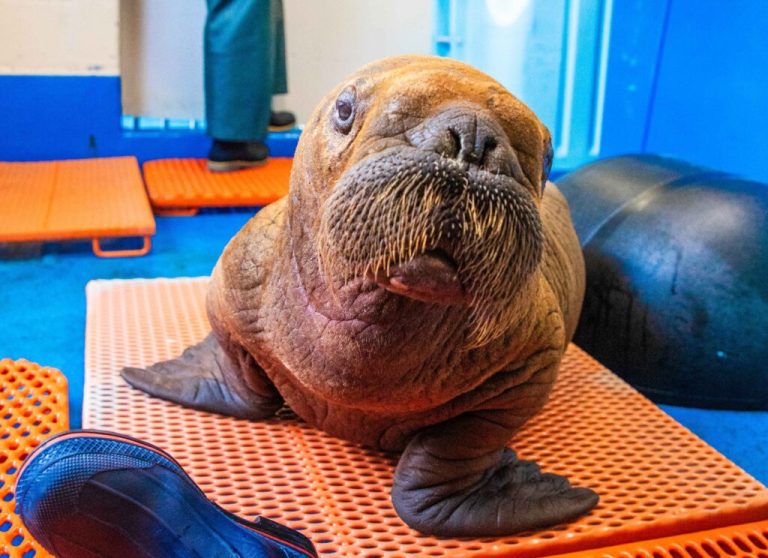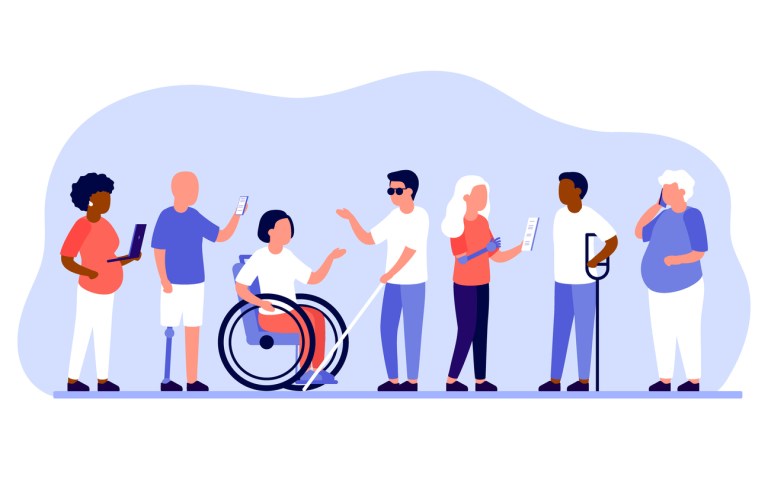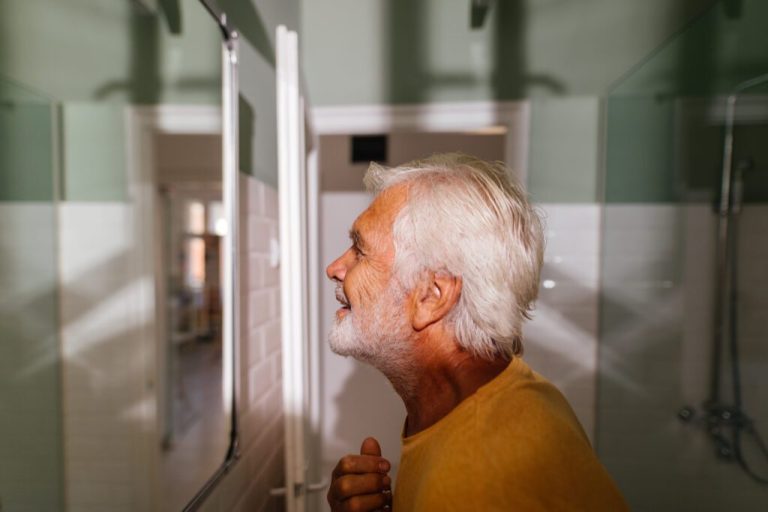The age of reboots has been upon us for a while now, with series like Will & Grace, Sex and the City, Full House, and Frasier retooled and in our living rooms after yearslong absences. Many factors play into the prevalence of sequels, but the trend may speak in part to how devastated viewers were when the shows originally ended — and the characters and settings they’d grown so fond of were suddenly gone.
Unless you’re one of those magical unicorns who doesn’t watch the tube (and, thus, isn’t as excited as we are about the slew of new and returning series coming this fall), you’ve likely experienced some degree of heartache when a show you love went off the air. In Australia, that was true for millions of people after the long-running soap opera Neighbours was canceled in 2022 following a 37-year run.
“Fans were talking about the end of the series as if they were losing a friend,” Adam Gerace, a senior psychology lecturer at Central Queensland University, told NBC News. The reaction sparked his professional interest, prompting him to poll 1,289 Australians about the event and analyze their responses in a study. He published his findings in the journal PLOS One this June.
For the research, Gerace created an online survey asking fans who had watched the series finale about their emotions following the show’s cancellation, including feelings related to grief, i.e. anger, sadness, and denial. Overall, participants reported high levels of grief-related emotions associated with the end of the series, he wrote in the paper.
The survey also included questions about fans’ senses of closure and gratitude around the show. “They didn’t feel closure,” Gerace said. “But they felt incredibly grateful for what the series had given them. It had given them connections to characters, exposure to different lifestyles, and it had connected them with other fans as well.”
In part, the grief we experience in situations like these stems from our tendency to form parasocial relationships, or one-sided connections with fictional characters or celebrities. In these bonds, we feel as though we’re close to the individuals despite the fact that we’ve never met them — and in some cases they don’t even exist.
The term has popped up a lot recently, but the phenomenon isn’t new, nor does it only apply to the faces we see on our screens.
In 1893, Sir Arthur Conan Doyle published The Final Problem, shocking readers everywhere by killing off arguably the most popular book character of the time: Sherlock Holmes. Fans were devastated, even taking to the streets to protest by some accounts. Per the BBC, more than 20,000 people canceled their subscriptions to The Strand, the periodical in which the stories were published. The pressure eventually worked, and in 1903, Doyle “resurrected” Holmes in a new tale, conveniently explaining away his death.
“Humans are wired for connection. Books or movies can fulfill that need to some extent,” psychologist Tabatha Greene told Advocate Health Care. “When the connection ends, we grieve. Grief looks different for everyone, including when grieving the end of a show or a fictional character.”
Similarly to what Gerace found in his survey, Green points out that the parasocial relationships at the root of that grief aren’t always a bad thing. They can help ease loneliness, strengthen real connections with other fans, and validate personal experiences, though she notes that they cannot replace face-to-face connection, and that prolonged feelings of loneliness could be “a sign of a larger concern.”
But our overall takeaway here is that it isn’t abnormal to feel sad, perhaps even intensely sad, when something others might think of as trivial, like a soap opera or sitcom, stops being a part of your life. It just means you’re human.











